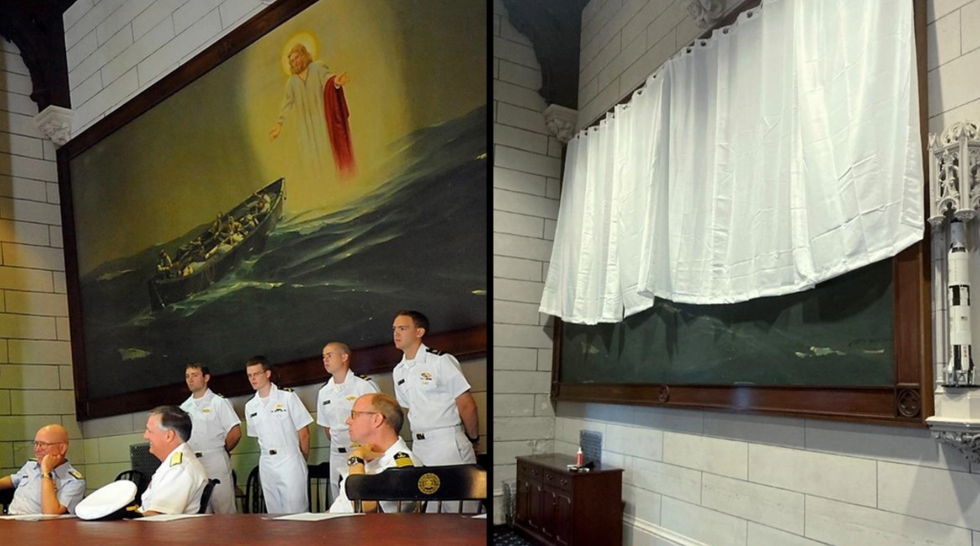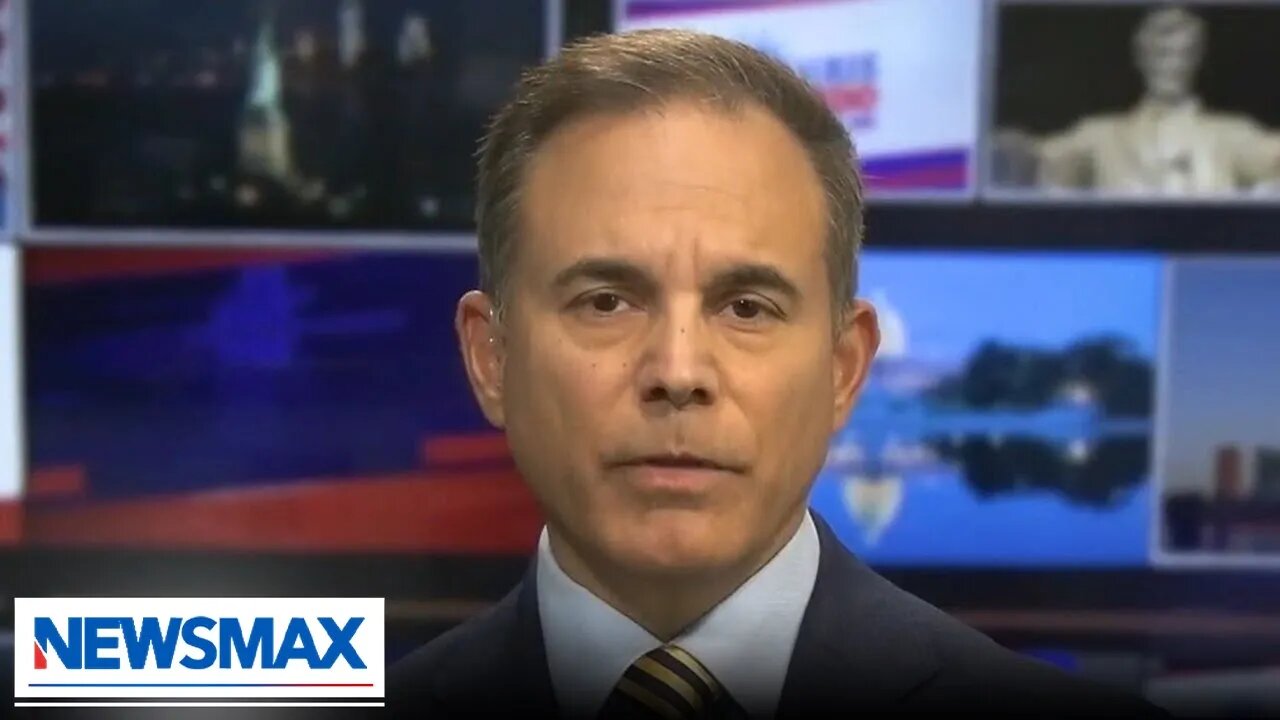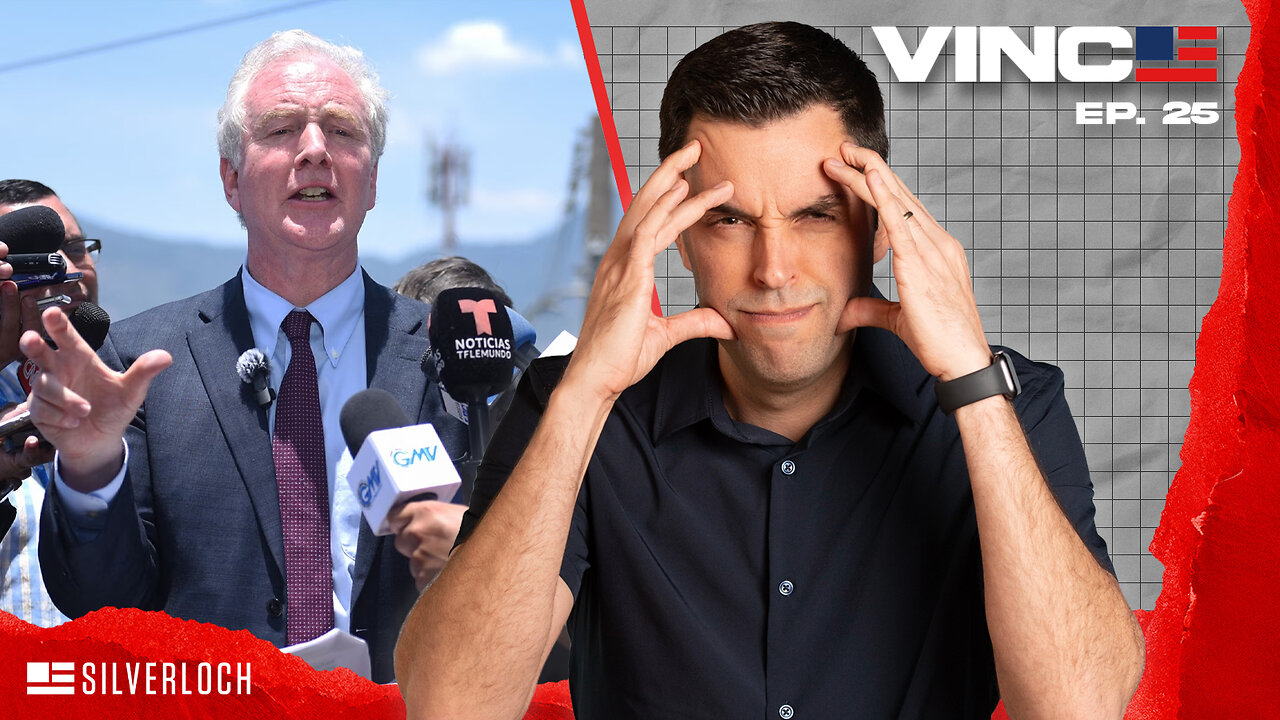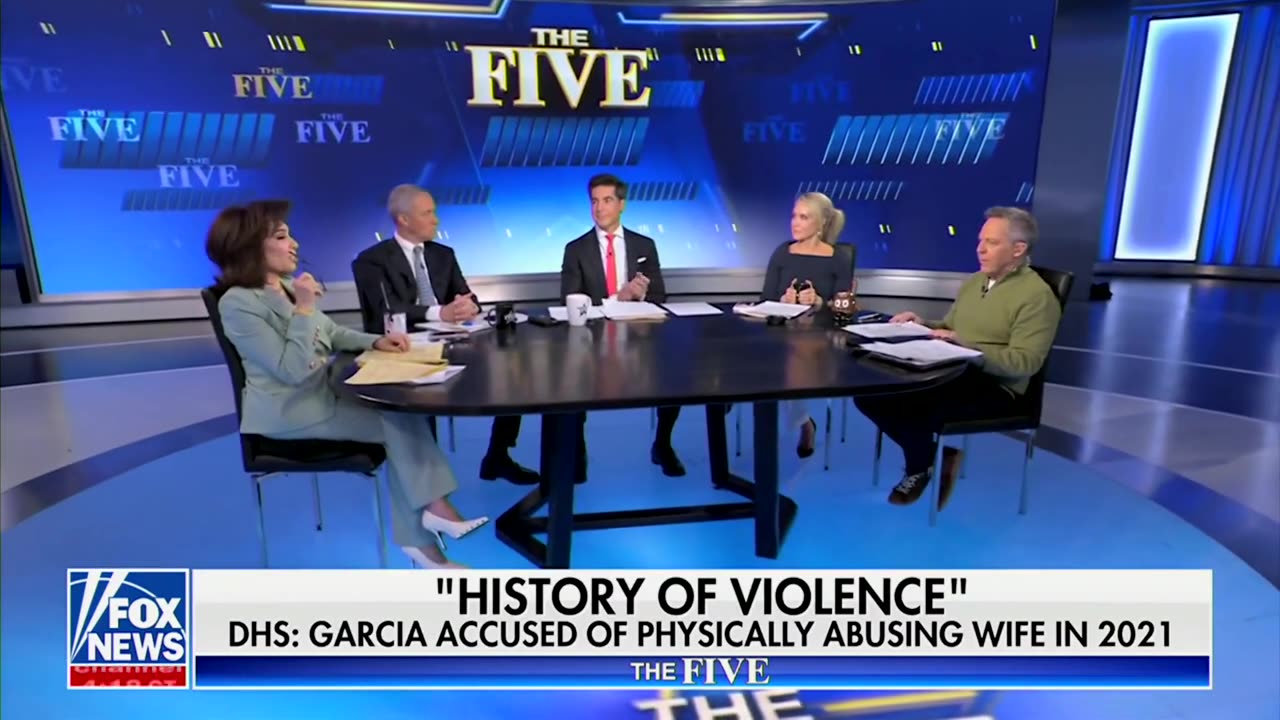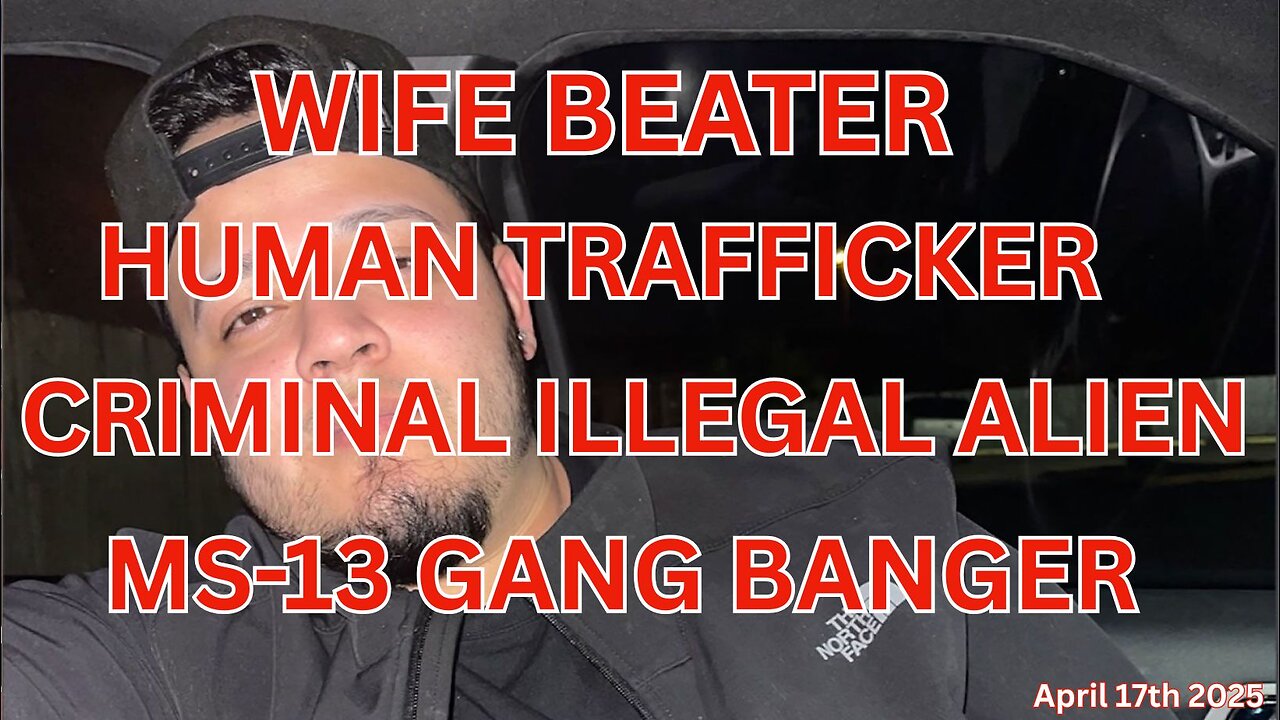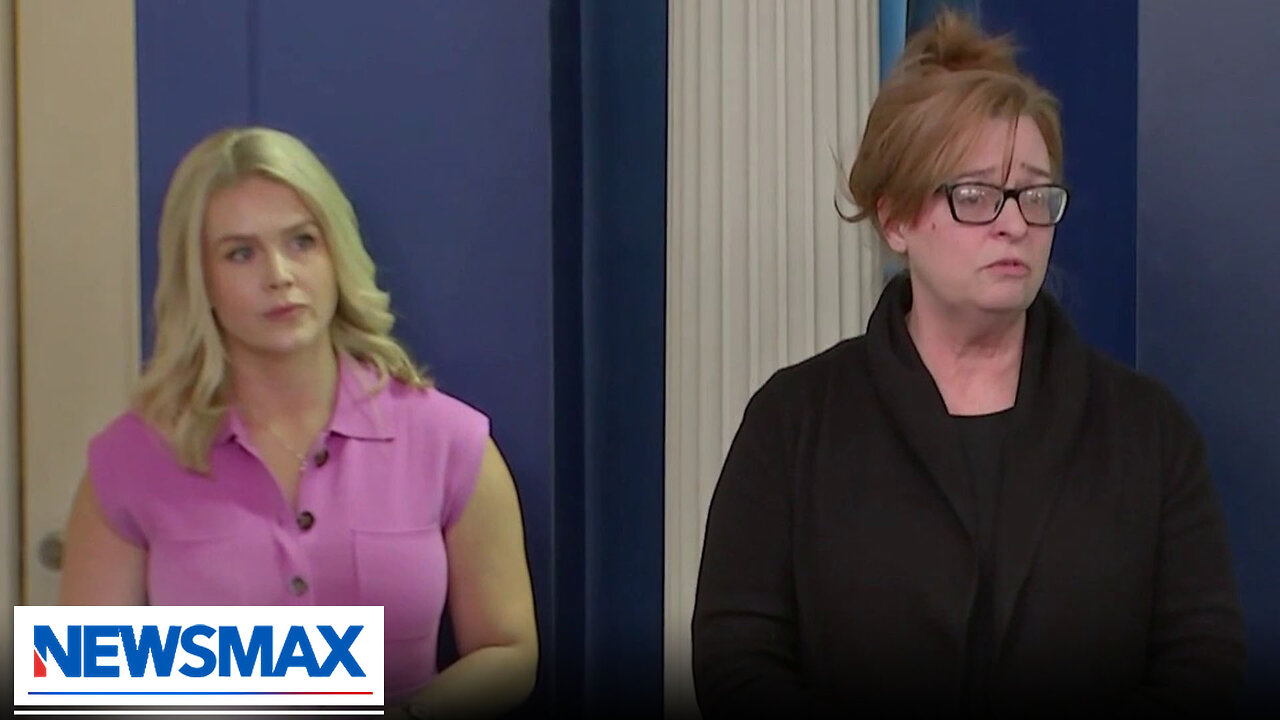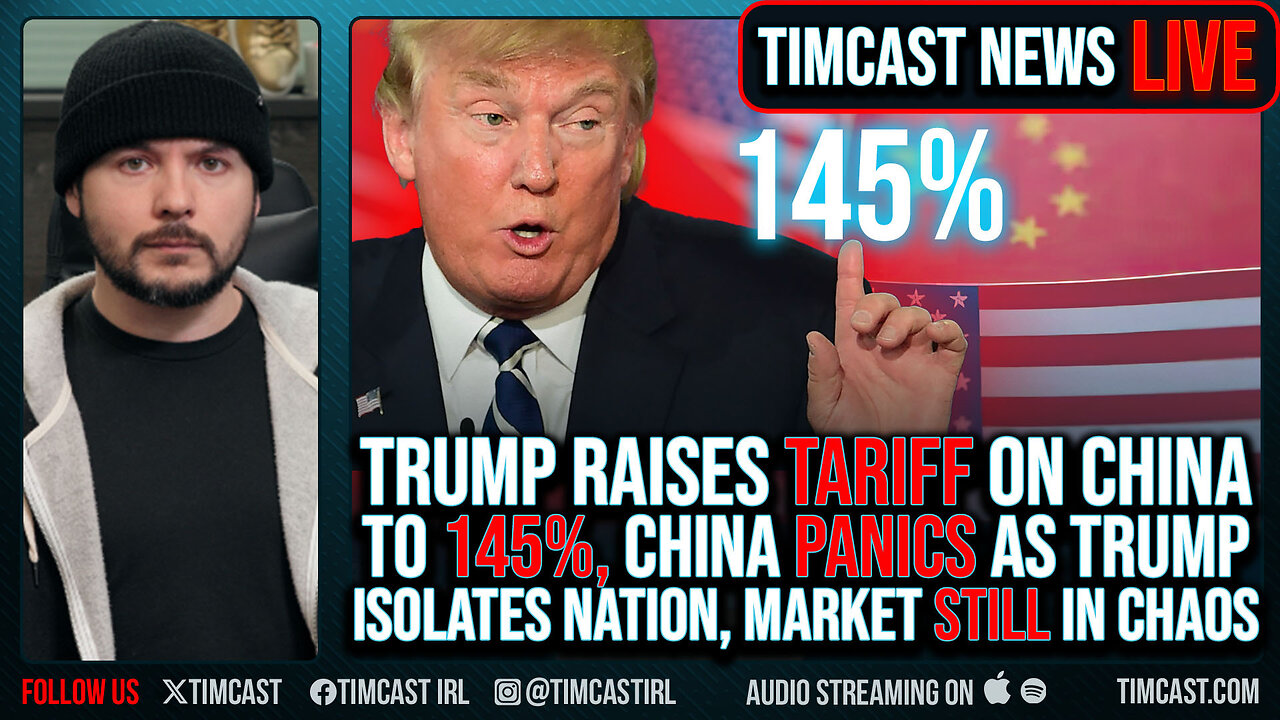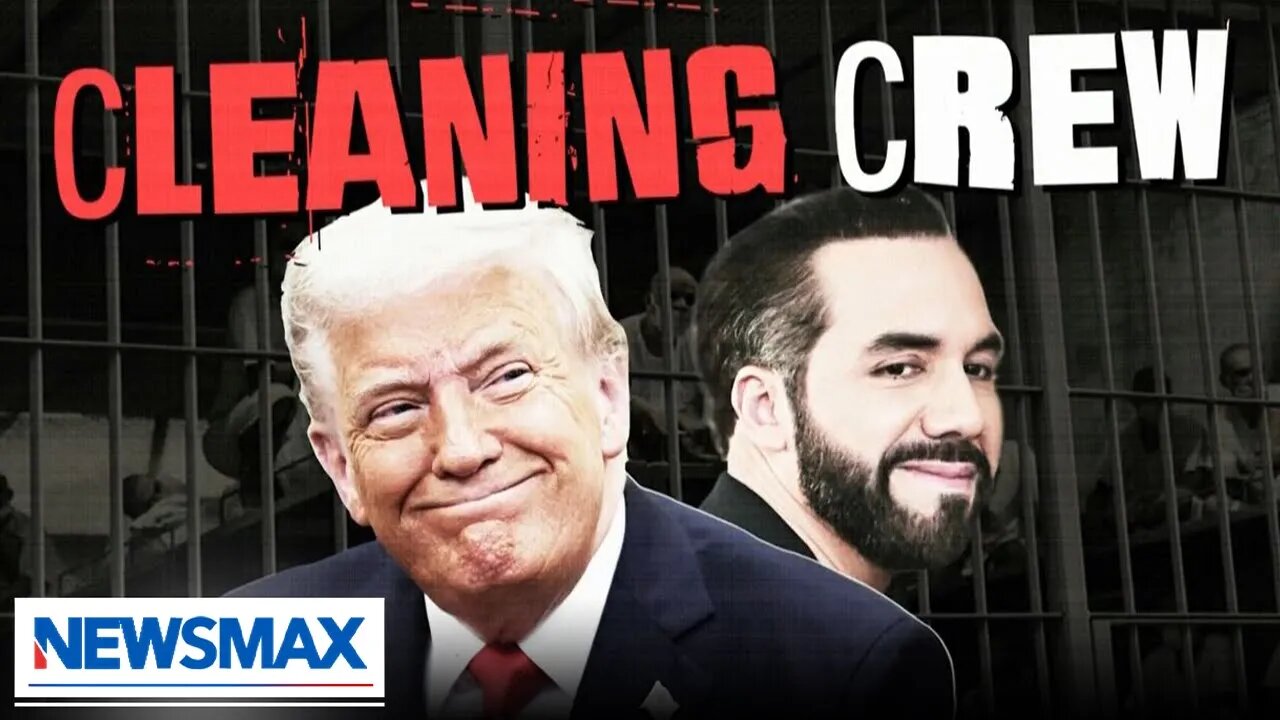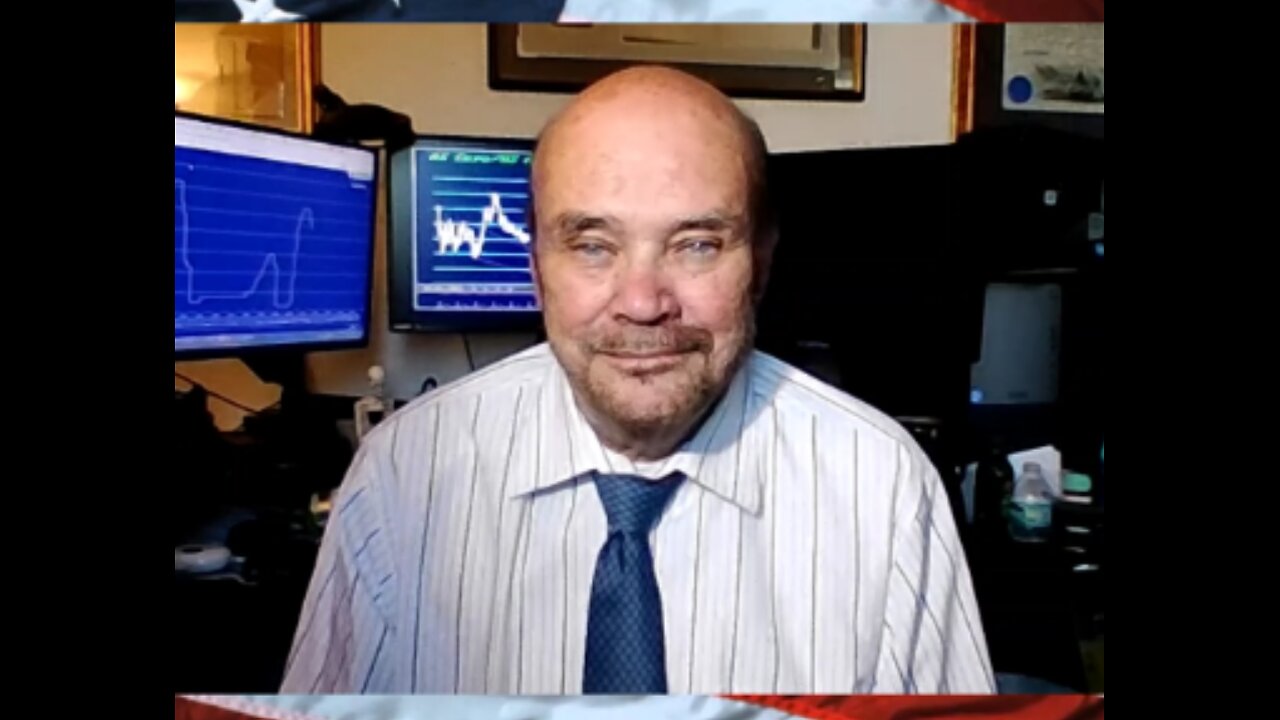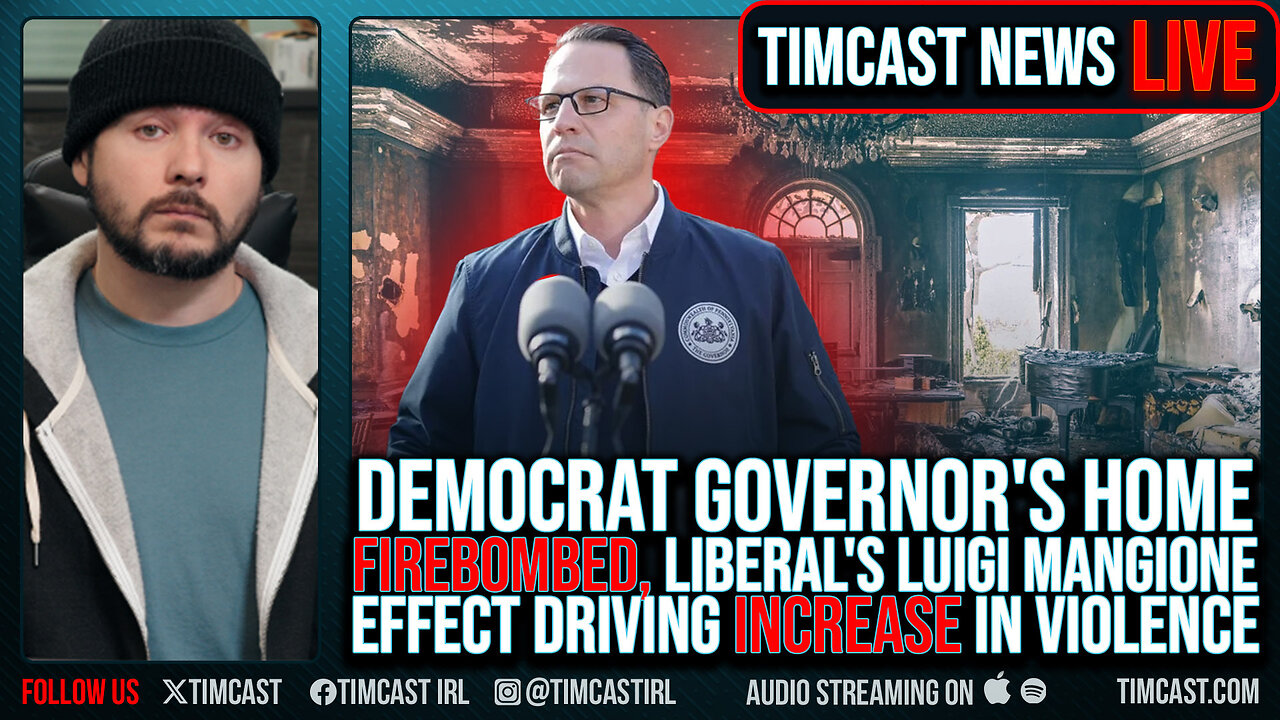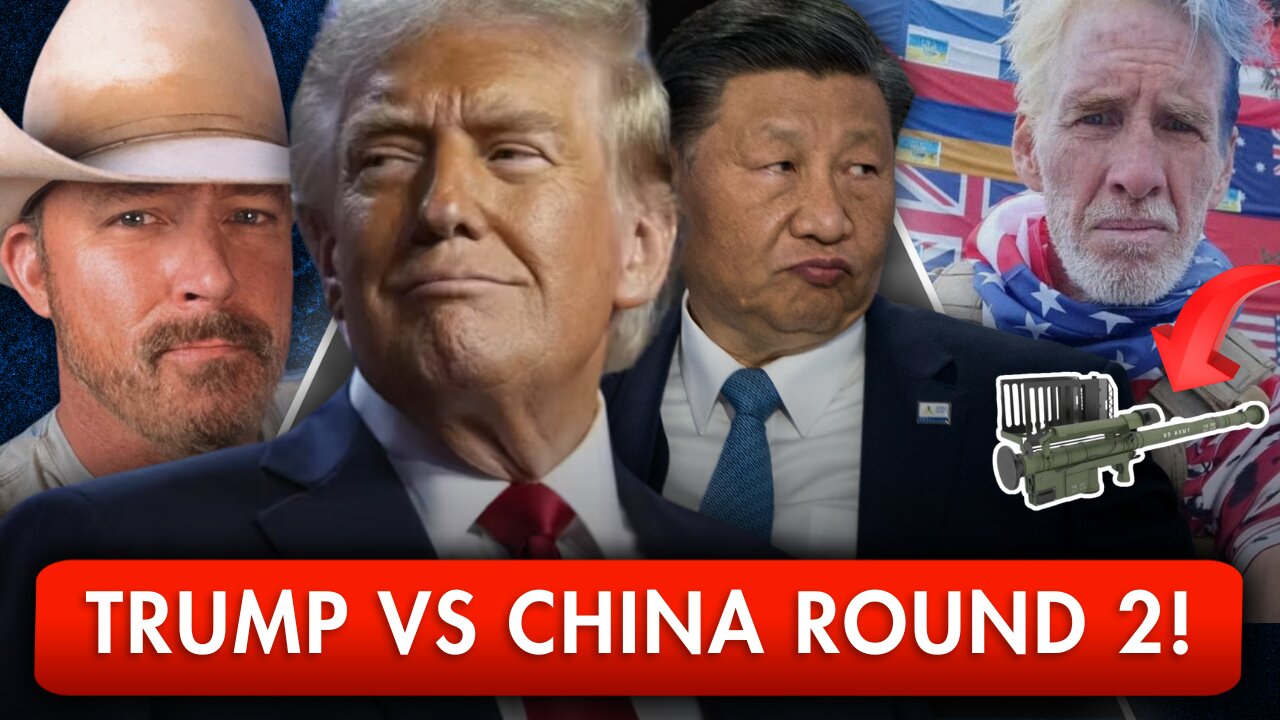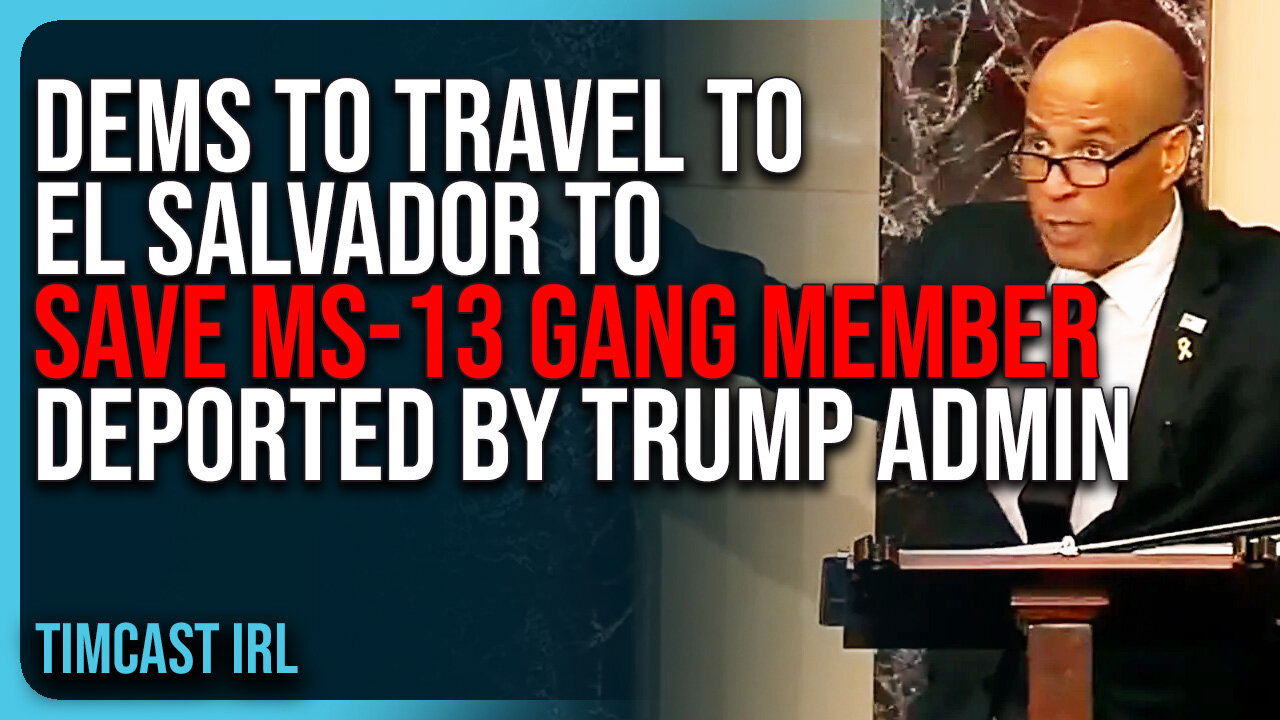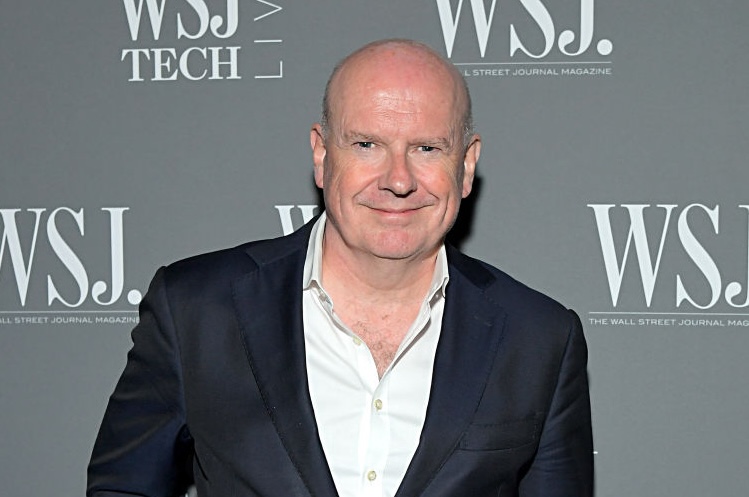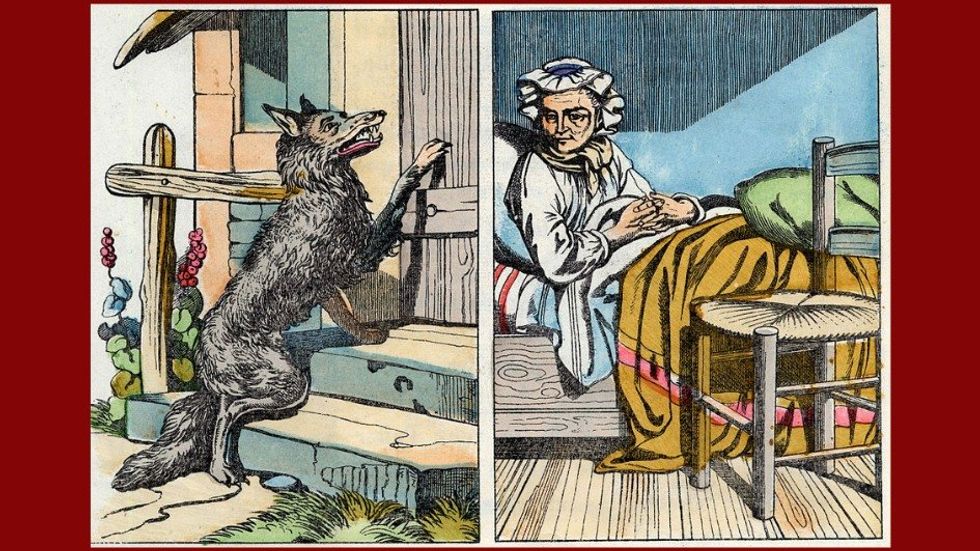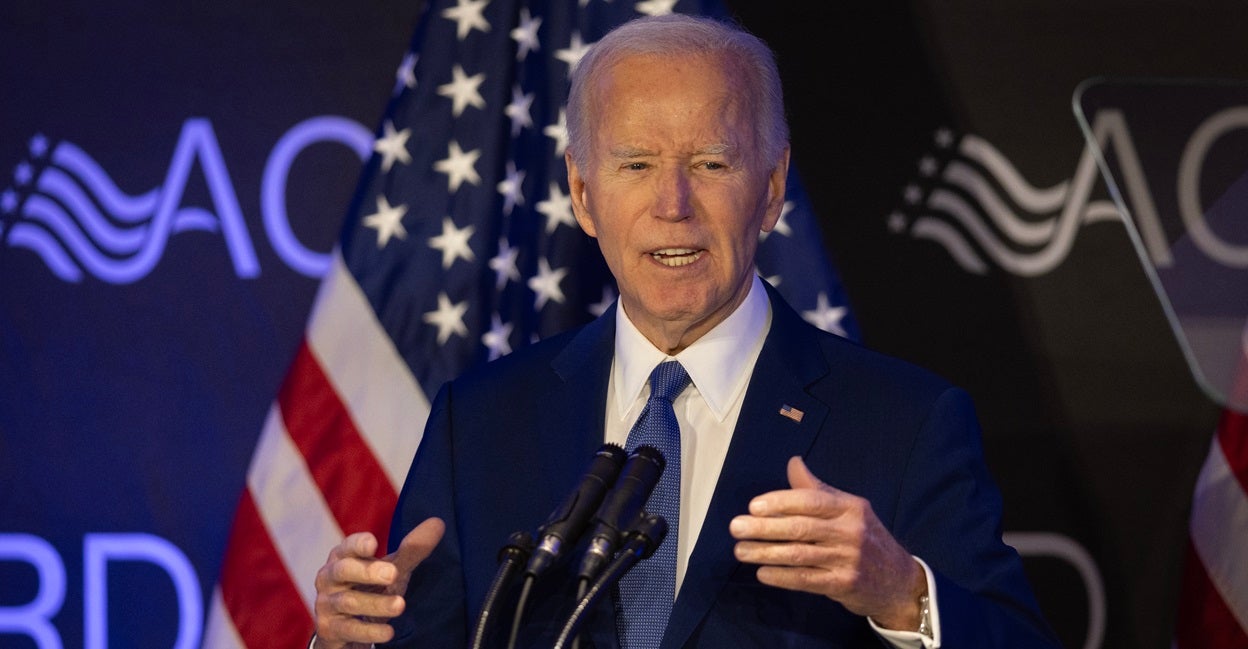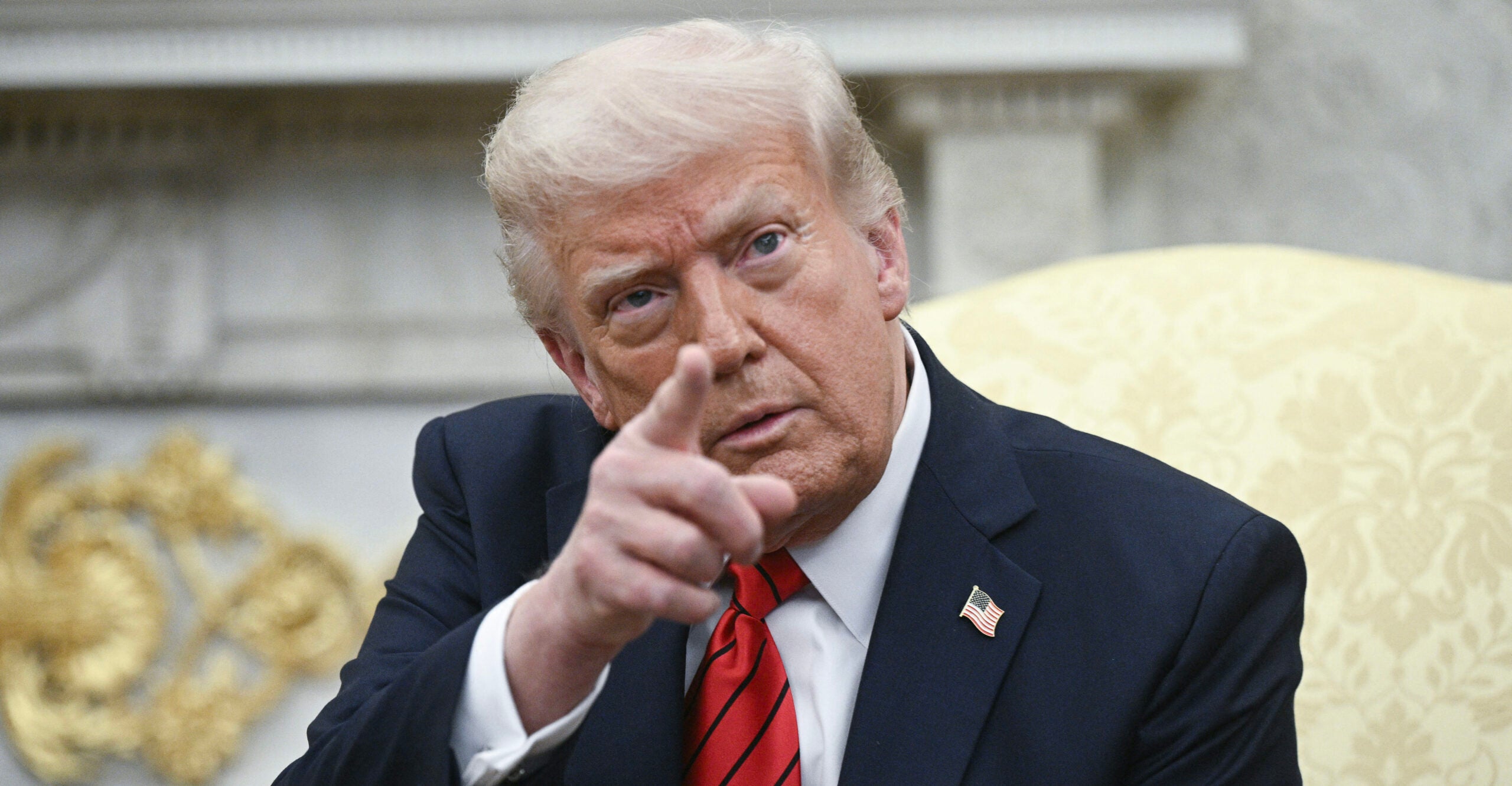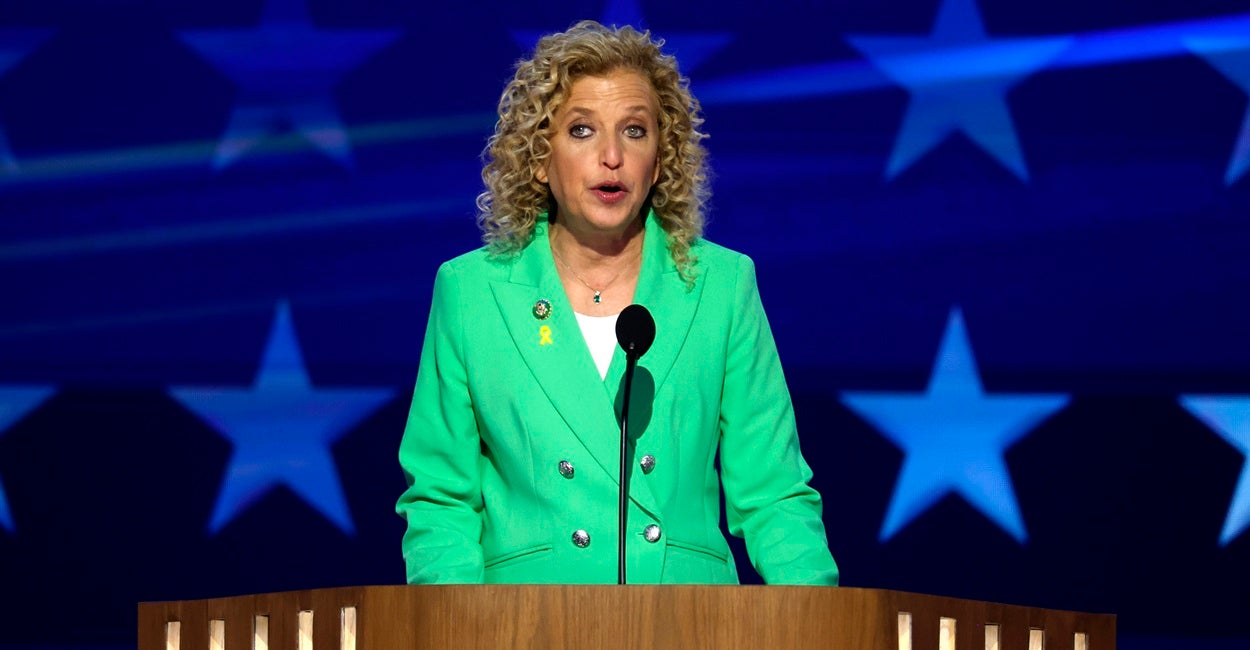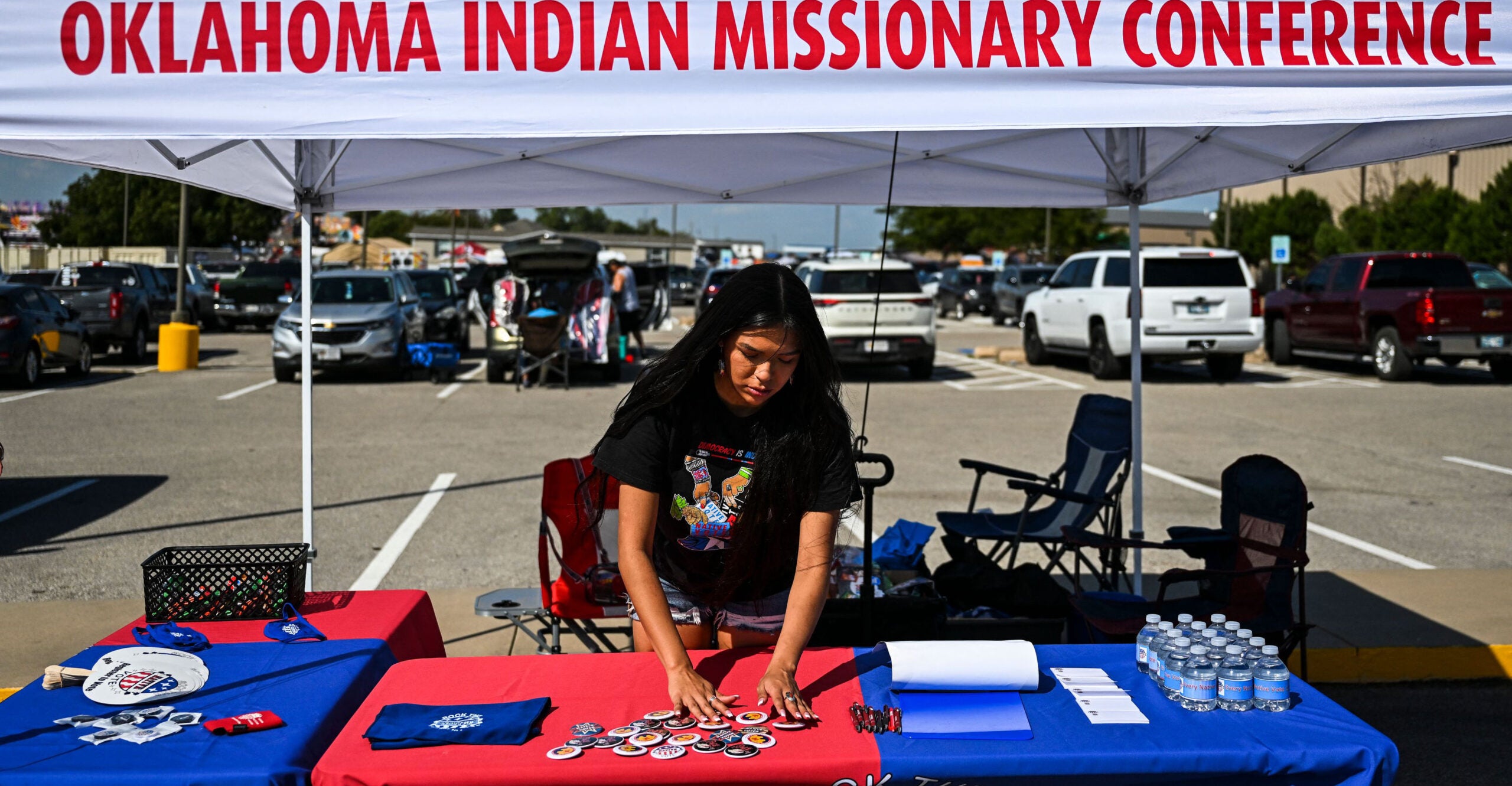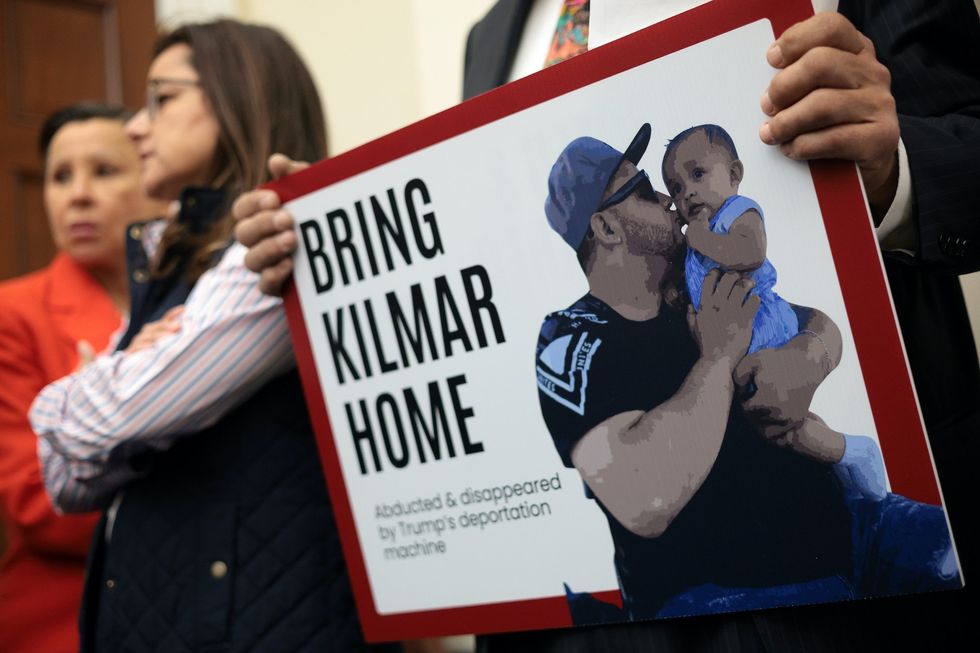Toyota, Jeep, and the big emissions scam


Impossible!
That's what Toyota North America COO Jack Hollis calls the demand by California and 16 other states that 35% of 2026 model year vehicles be zero-emission or electric.
California also added a tax of 68 cents per gallon that is going into effect at the first of the year. The state is making gas and hybrid vehicles unaffordable.
Said Hollis, “I have not seen a forecast by anyone … government or private, anywhere, that has told us that that number is achievable. At this point, it looks impossible.”
He continued, “Demand isn’t there. It’s going to limit a customer’s choice of the vehicles they want.”
Welcome to the party. This is what we've been saying for years.
Automaker Stellantis — which owns Jeep — no doubt agrees. Stellantis made gasoline-powered non-hybrid Jeeps available only as a special-order vehicle in California and other states that have adopted California Air Resources Board Standards.
This has hurt Stellantis, which last week announced it would lay off 1,100 UAW-represented employees at the automaker’s Toledo South Assembly Plant in Ohio. This is where the company built the Jeep Gladiator.
Under California’s Advanced Clean Cars mandate, automakers must either sell enough cars or buy enough credits for the equivalent of 35% of their vehicles sold in California to qualify as zero-emission vehicles.
What's more, only 20% of these can be plug-in hybrids; the other 15% must be all-electric.
Automakers will pay a $20,000 fine per ZEV credit they are short, meaning carmakers will have to either buy credits from other automakers with excess credits or sell fewer non-ZE vehicles. Which means cars will get more expensive.
The Advanced Clean Cars mandate applies to Massachusetts, New York, Oregon, Vermont, and Washington for model year 2026 and Colorado, Delaware, Maryland, New Jersey, New Mexico, Rhode Island, and Washington, D.C., for model year 2027.
As we often point out, no carmaker will make cars for one state, so expect prices to rise in all 50.
And why isn't demand there? One strike against EVs in California is the high cost of electricity.
Energy prices in California are so high that the California Air Resources Board says the state is near the point at which it’s cheaper to propel a car on gasoline than it is on electricity. Last week, the CARB voted to create a $105 billion credit for EV charger operators, to be paid for with rising carbon emissions fees on the petroleum refineries that produce gasoline and diesel. The CARB estimates the measure will create a 47 cent-per-gallon pass-through cost for gasoline in 2025.
California also added a tax of 68 cents per gallon that is going into effect at the first of the year. The state is making gas and hybrid vehicles unaffordable.
The state believes that by raising the price of gasoline and subsidizing electric vehicle charging, the CARB’s new Low Carbon Fuel Standard can incentivize more Californians to get out of gasoline-powered cars and either acquire electric vehicles or take public transportation.
What it will accomplish in reality is to infuriate California drivers. I expect it to go about as well in any other state foolish enough to try it.
California is able to pass its own emissions standards via a waiver from the Environmental Protection Agency, first granted to deal with Los Angeles' smog problem in the latter half of the 20th century.
The Obama administration ordered an expansion of California’s waiver beyond just pollution to include emissions as well. In 2019, the Trump administration revoked California’s EPA waiver, a move that was held up in courts until the Biden administration put the waiver back into place in 2021.
It’s likely that the second Trump administration could revoke California’s EPA waiver once it takes office in January, which would — if upheld in court — invalidate many of the emissions programs created by California and the other states that follow.
We will be watching and reporting as this develops.
Originally Published at Daily Wire, Daily Signal, or The Blaze
What's Your Reaction?
 Like
0
Like
0
 Dislike
0
Dislike
0
 Love
0
Love
0
 Funny
0
Funny
0
 Angry
0
Angry
0
 Sad
0
Sad
0
 Wow
0
Wow
0
